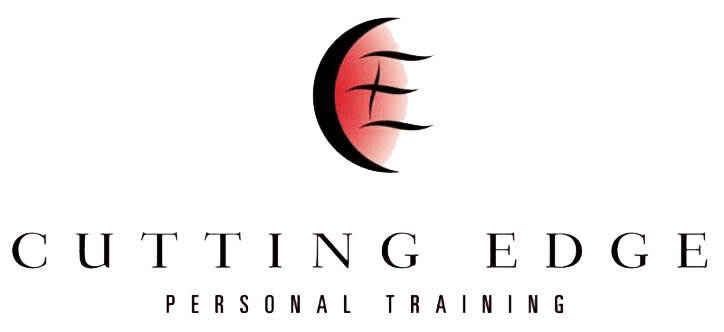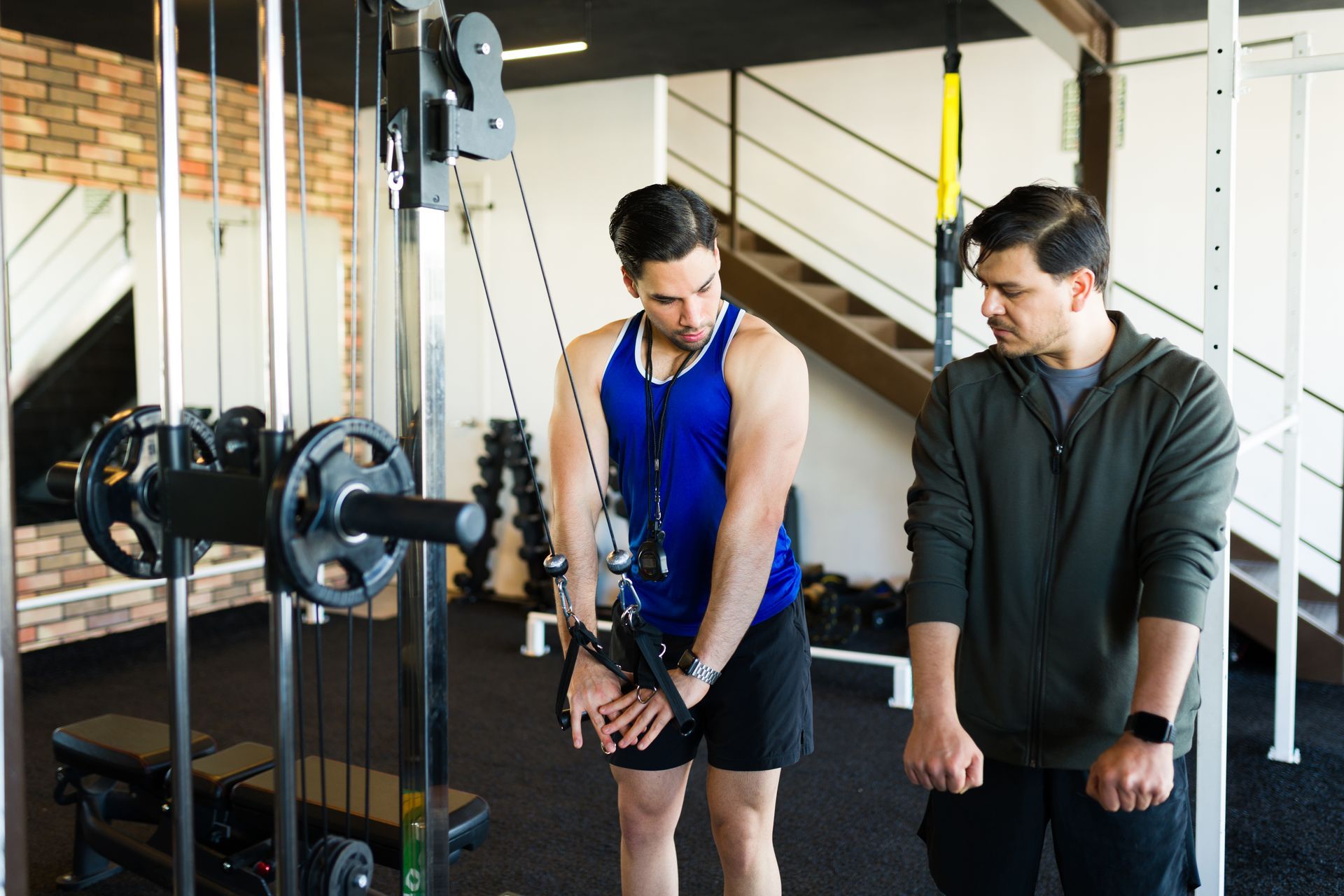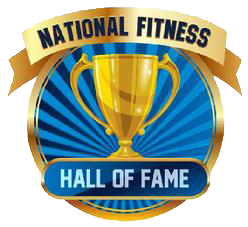January 25, 2024
Fat Burners 101: Unpacking Their Effectiveness with Nashville's Top Personal Trainer
Unpacking The Effectiveness of Fat Burners with Nashville's Top Personal Trainer
Introduction:
Hey there, fitness enthusiasts! I'm Coach Jim, a seasoned personal trainer in Nashville with over 29 years of experience. Today, we're diving into a hot topic in the fitness world – fat burners. You've probably heard a lot about these supplements, promising miraculous weight-loss results. But how effective are they really? As a Nashville personal training expert, I'm here to cut through the hype and give you the science-backed truth about these so-called miracle pills.
Understanding Fat Burners: A Nashville Personal Trainer's Perspective
What exactly are fat burners? Simply put, they're dietary supplements claiming to aid in weight loss and fat burning. Common ingredients include caffeine, green tea extracts, and yohimbine, which are believed to boost metabolism, promote thermogenesis, and reduce appetite. However, their effectiveness and safety can vary based on their ingredients. As a personal trainer in Nashville who values health and well-being, I recommend choosing fat burners with clinically-proven components and following proper usage directions.
How Fat Burners Work: Insights from Nashville's Fitness Expert
Fat burners function by incorporating natural ingredients like caffeine and green tea extract, which can increase energy levels and metabolic rate. They often include energy-boosting stimulants and appetite suppressants. Some even have carb and fat blockers, reducing calorie absorption. Remember, not all fat burners are created equal. Researching the ingredients is crucial for ensuring safety and effectiveness.
#1 Rule Of Weight Loss
As your Nashville personal trainer, I can't stress enough that sustainable weight loss hinges on eating in a caloric deficit – consuming fewer calories than you burn daily. It's not about restrictive dieting but about mindful eating and portion control, focusing on nutritious, satiating foods.
Can Fat Burners Come In Handy?
While creating a caloric deficit is key, fat burners can assist in managing hunger and boosting energy, making the process more bearable. When coupled with a healthy lifestyle and diet, they can support weight loss efforts but are not a standalone solution.
Basics Are Still King
At the end of the day, the basics reign supreme for fat loss. Studies show that a balanced diet and regular exercise are the most effective ways to lose weight and maintain a healthy body. A caloric deficit of 450-500 calories per day, sufficient protein (1g per lb of body weight), adequate fat intake (0.45g per lb of body weight), some carbs, and regular exercise form the cornerstone of true weight loss.
Conclusion:
So, there you have it – a comprehensive look at fat burners from your local Nashville personal training expert. Remember, while supplements can offer additional support, the fundamentals of diet and exercise are your true allies in achieving fitness goals. Have any more questions about fat loss or fitness? Feel free to reach out to me, Coach Jim, for personalized guidance and training in Nashville.





